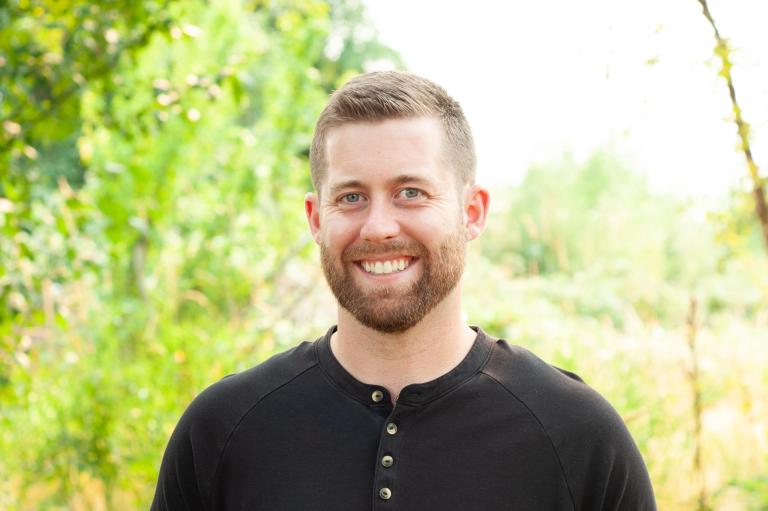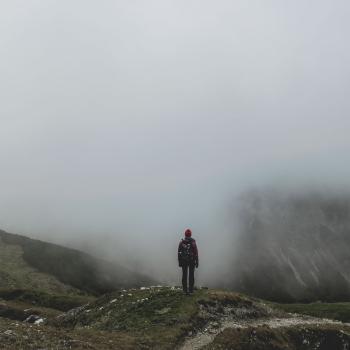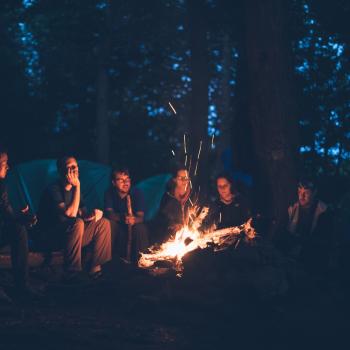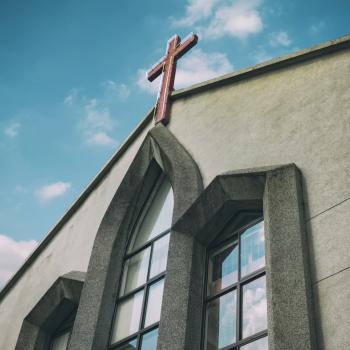
Interested in going deeper with your personal, communal, and societal shadow work?
Check out my free 5-day email series on how to get off autopilot and become more intentional and more present to our lives.
We don’t talk about Bruno.
As I was watching Encanto (again), this line lodged itself in my brain – and not just because of the song. It exposes a reality that many of us are currently experiencing in our own communities: our families, work places, volunteer organizations, etc.
Our communities have stories that live in the shadows.
The are the stories that the community (especially the individuals with power) would prefer we not engage with. Past and current harms, structural issues within organizations, systematic injustices, traumatic histories within families, experiences that, if named, would raise uncomfortable questions or challenge the prevailing narrative.
Here are some examples, provided by you all. (I asked for stories on my Instagram about a month ago.)
- “The expectation that women will take on all the administrative and managerial work without asking.”
- “We’ve had extremely high turnover with amazing workers leaving every month. Nobody is openly talking about it.”
- “Anti-Blackness, classism, a general desire to maintain the status quo.”
- “Transphobia.”
- “My mom’s church dwindled in membership from 200 to 30…but everyone had an excuse for it. Nobody wanted to engage in a real conversation about the underlying issues.”
- “The demographics of our managers versus those of our staff.”
- “Our paychecks and the reality that more women are getting hired but almost never getting promoted.”
And from Encanto: “We don’t talk about Bruno.”
When we don’t examine our community’s shadows and name them in ways that bring conversation and the possibility of healing, we actively perpetuate further harm.
Here is a shadow work practice:
Take a moment to think about your own communities: do you notice any of these unseen shadows? And if you do, prepare to act using these following questions:
- Who else in your community sees these issues or stories? Who might stand with you and support your community addressing them?
- Who needs to be in the room and have the conversation?
- What structures need to be in place to help prevent further harm from occurring?
- What is the energy you’re bringing to this? (Avoid entering this work with an energy of fixing, saving, or showing up as the righteous one – this will cause further harm.)
- How can you show up with a loving/healing presence?
Interested in going deeper with your personal, communal, and societal shadow work?
Read more about shadow work here and check out my free 5-day email series on how to get off autopilot and become more intentional and more present to our lives.













